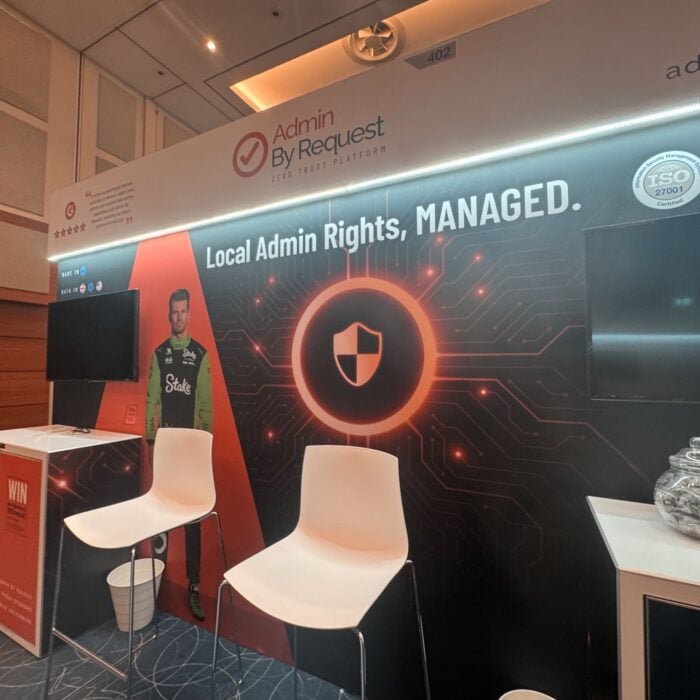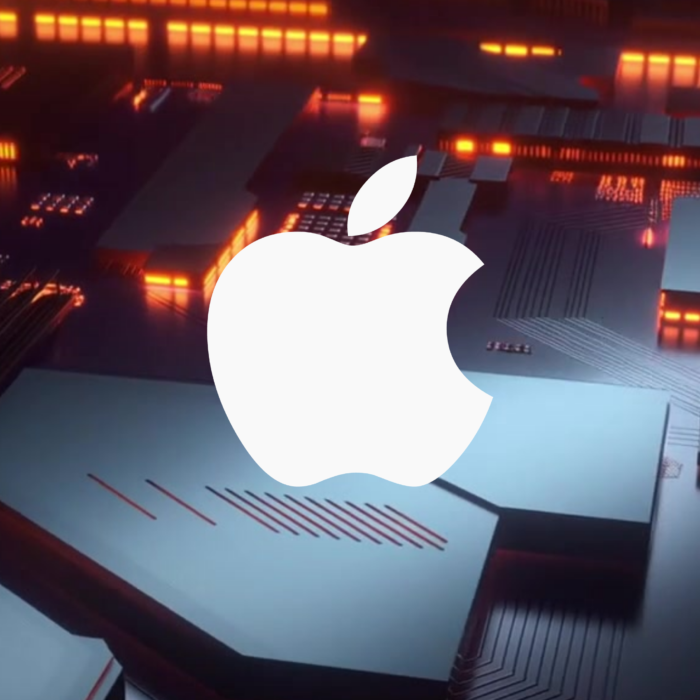When Palo Alto Networks announced their plan to acquire CyberArk for $25 billion, it sent ripples through the cybersecurity community. Not because mega-acquisitions are unusual these days, but because of the timing and what it might signal about where the industry is headed.
At first glance, the deal makes sense from a business perspective. Palo Alto gets to expand its platform offerings, CyberArk shareholders get a nice payday, and everyone talks about “synergies” and “integrated solutions.” But there are some legitimate questions about whether this kind of consolidation is actually what the market needs right now.
Consolidation vs. Specialization
The cybersecurity industry has been obsessed with all-in-one platforms for years. The idea is simple: instead of managing dozens of different security tools, organizations can consolidate everything under one vendor’s umbrella. It sounds appealing, especially to overwhelmed IT teams juggling too many dashboards and vendor relationships.
There are real trade-offs to consider with this approach, though. While consolidation can simplify operations and reduce vendor fatigue, it can also create dependencies and limit flexibility. When everything runs through a single platform, organizations risk being locked into one vendor’s roadmap and innovation timeline. There’s also the challenge of trying to be everything to everyone; platforms that attempt to cover too many functions often excel at none of them.

Potential Impact on Innovation Speed
This acquisition raises questions about timing more than anything else. The field is changing every day: AI agents are creating new security challenges, zero trust architectures are evolving, and attack methods are becoming more advanced. Organizations are dealing with everything from managing machine identities that might vastly outnumber human users to handling autonomous agents that create entirely new privilege scenarios.
When you’re facing challenges that didn’t exist six months ago, you need solutions that can adapt quickly. This is where the platform vs. specialist debate becomes critical.
“Smaller, nimble players are solving specific problems elegantly with fresh solutions,” PAM expert Paul Fisher noted in this LinkedIn post analyzing the acquisition. “…The future belongs to whoever can solve unprecedented problems with unprecedented speed.”
The worry isn’t that Palo Alto Networks is a bad company or that CyberArk’s technology will disappear. Both organizations have smart people working on real problems. The concern is about what happens to innovation velocity when specialized players get absorbed into larger platform strategies.
When a company that has spent years focusing specifically on privileged access management becomes part of a broader platform play, product development decisions inevitably get filtered through platform integration priorities rather than pure problem-solving speed.

What This Means for Security Buyers
If you’re evaluating PAM solutions or broader security platforms right now, this acquisition creates some practical considerations. Organizations already using CyberArk will likely see continued support and development, though the product roadmap will increasingly align with Palo Alto’s platform vision rather than standalone PAM innovation.
The broader question is whether mega-platforms can actually deliver on their promises. Platform vendors talk about unified management and streamlined operations, and those benefits are real for some use cases. The problem comes when you need something the platform doesn’t do well or doesn’t prioritize. When CyberArk was independent, PAM was their entire focus. Now it becomes one feature among many in a much larger portfolio.
Organizations betting on platform consolidation are essentially wagering that their security needs won’t outgrow what integrated solutions can provide. That might work for standardized environments with predictable requirements. For companies dealing with unique challenges or new threats, specialized vendors often deliver better results because they can focus all their resources on solving specific problems really well.












